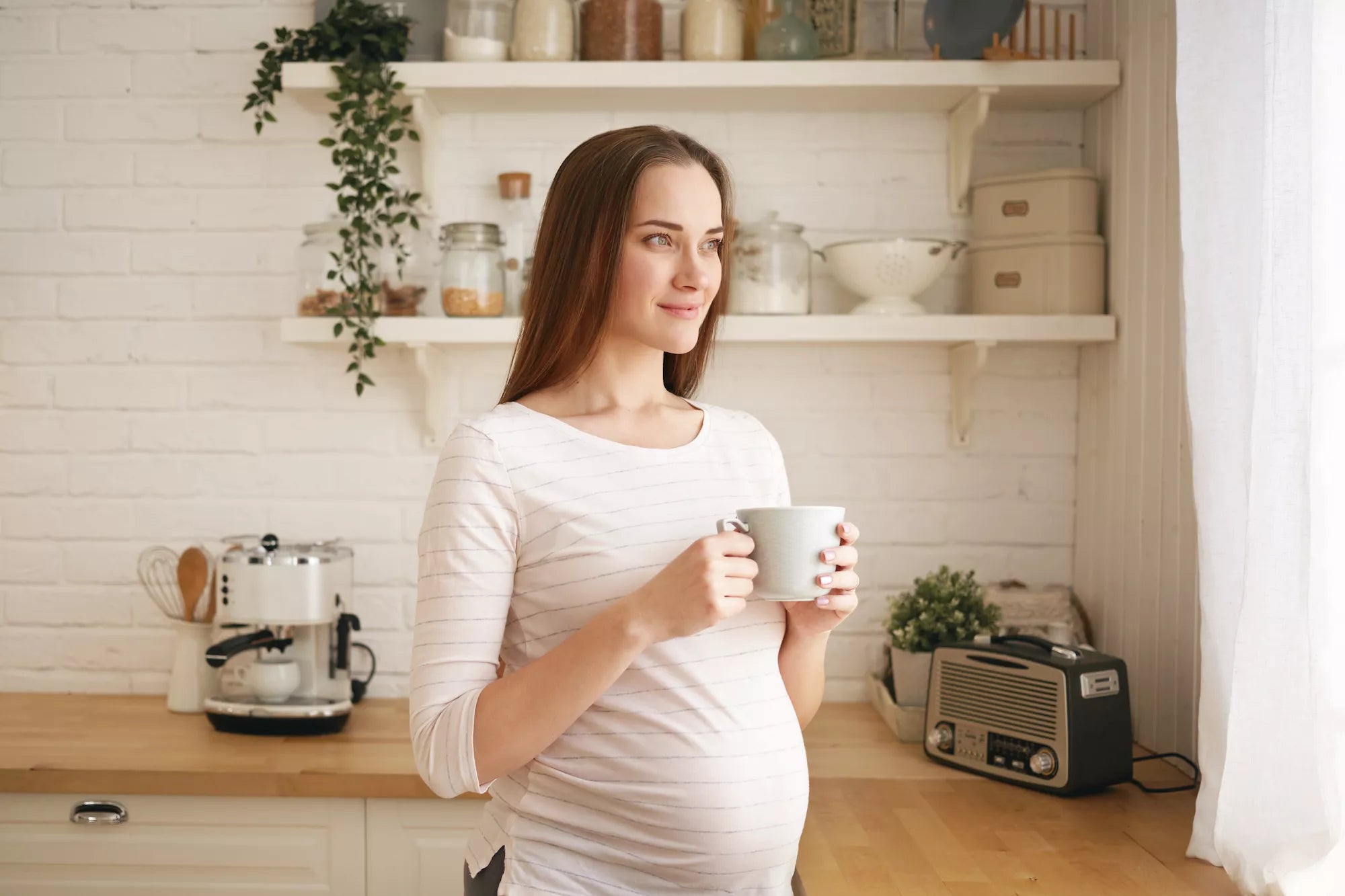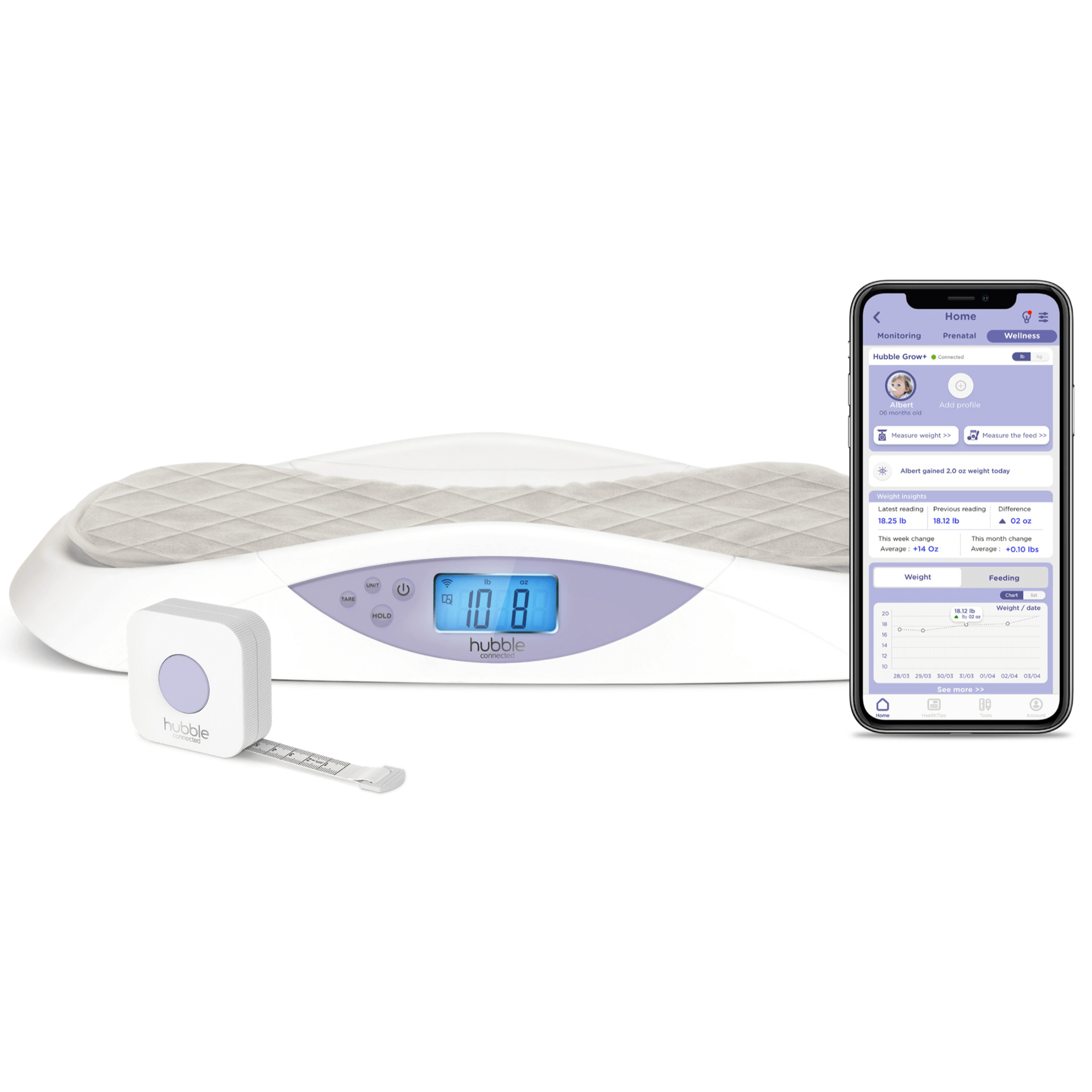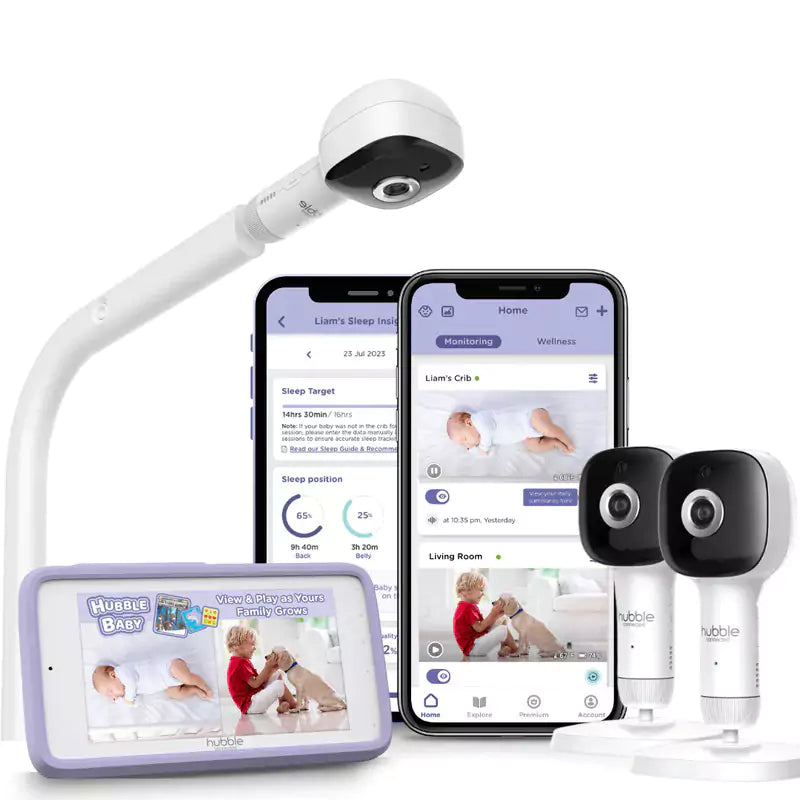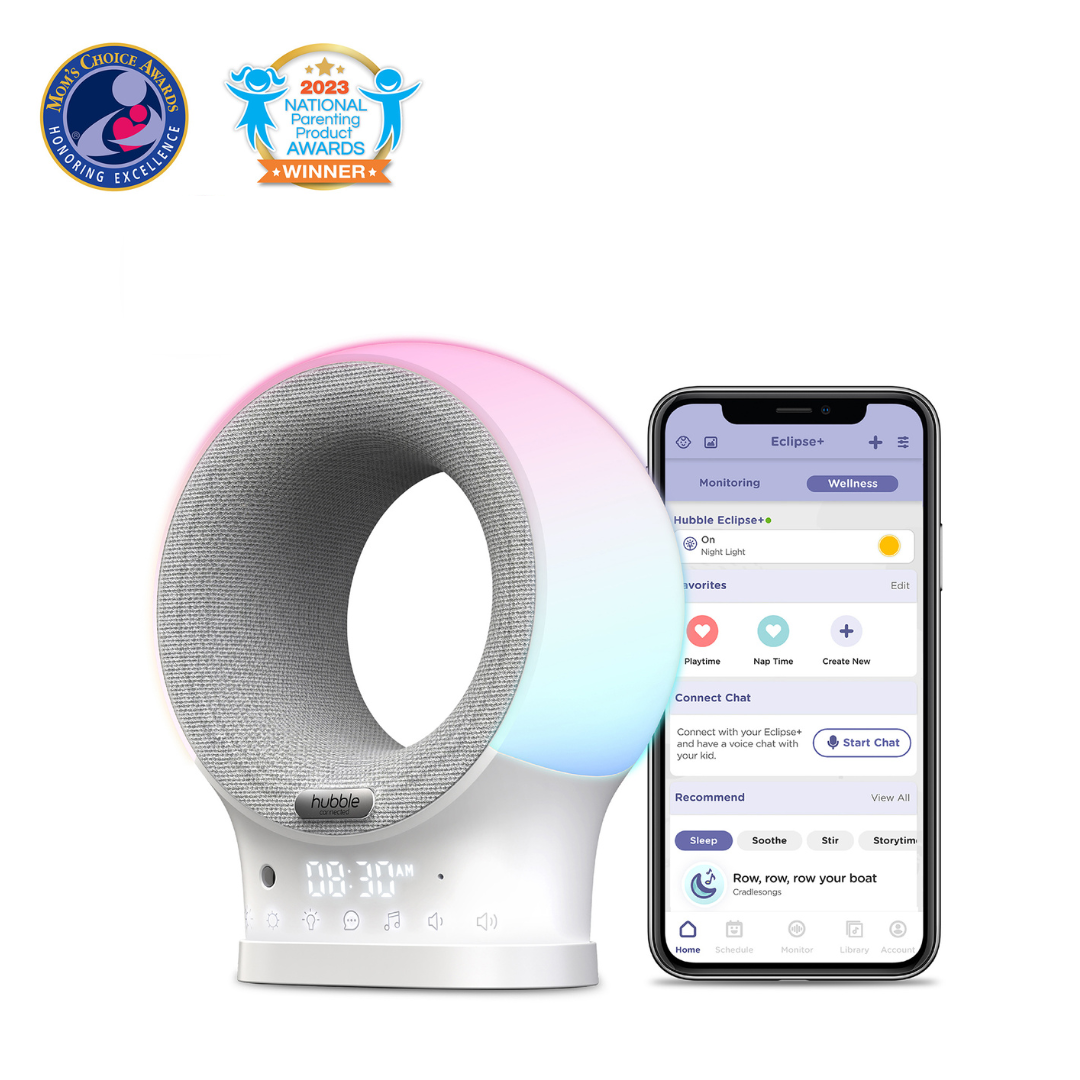Have you already decided on baby names and are waiting for the “best time” to get pregnant? And now, it seems the pandemic is forcing you to reconsider your plans. The pandemic has changed everything in our lives, from the way we live to the way we work and everything else. As per World Health Organization (WHO), more than 31 million cases of COVID-19 have been reported in the United States alone so far. And the cases are increasing rapidly.
Interestingly, the pandemic has also impacted the fertility rates in the United States. More than 30% of the women have reconsidered and delayed their pregnancy plans due to the COVID-19 situation.
It is always advisable to talk to your doctor before getting pregnant. Underlying conditions, such as diabetes, polycystic ovary syndrome (PCOS), or obesity, could lead to complications. The risk of these complications can increase the adverse effects of the COVID-19 infection.
Getting pregnant is a very personal and emotional decision. There are no wrong or right answers here. But primarily, we all want the mom and baby to be healthy. Read along, and this article may help you decide.
Does pregnancy pose an increased risk of COVID-19 complications?
The coronavirus we knew last year has changed this year and is getting more contagious. Our knowledge of the coronavirus is quite superficial, especially when we speak of its effects on pregnancy outcomes.
As per the Centers for Disease Control and Prevention (CDC) report, pregnant women with COVID-19 could be at an increased risk of developing severe complications and are more likely to be admitted to hospitals or ICUs. However, pregnant women with COVID-19 were not at increased risk of death compared to the non-pregnant women of the same age group.
Can COVID-19 impact your pregnancy?
The COVID-19 infection is usually associated with various inflammatory conditions in the body. These inflammatory conditions could adversely affect your pregnancy. The risk could further increase if you have diabetes, thyroid disorders, PCOS, or other comorbid conditions.
Currently, very limited information is available to determine if COVID-19 is associated with congenital disorders or miscarriages.
COVID-19 and fertility
Any infection associated with fever has the potential to affect fertility, although temporarily. A study in women negated any negative effect of the coronavirus infection on female fertility. Another study in men reported low sperm counts for up to 90 days after COVID-19 infection, possibly due to fever.
A lack of clinical data is the obvious limitation to attribute these findings to the COVID-19 infection.
Can COVID-19 impact your fetus?
A few negative health outcomes have been reported in babies born to mothers with COVID-19. However, it is not clear if these were related to COVID-19. Currently, there is no evidence or data to prove if there are any ill effects of the coronavirus infection on the fetus or the infants born to pregnant women with COVID-19.
In another study conducted on 9 females with COVID-19, all 9 babies born were healthy and without complications.
Can COVID-19 pass from mother to baby?
Mothers can pass on an infection to their baby during pregnancy or after pregnancy (via breastfeeding). It’s called vertical transmission.
Clinical data suggests that the coronavirus infection can have a vertical transmission. The first such case was reported in London, where a baby was COVID-19 positive minutes after being born to an infected mother. In yet another study in COVID-19 positive mothers, 3 of the 33 babies tested positive for COVID-19. Although the spread method was not clear in both these scenarios, the role of vertical transmission cannot be excluded.
In a more recent study in mothers with COVID-19, 6 babies were found to have immune antibodies to fight off the virus. These findings suggested that these 6 infants had in-utero exposure to the virus from the mother.
The positive news is that all the infected infants quickly cleared the virus, and COVID-19 related deaths are rare in children.
Should you be worried about pandemic-related stress in pregnancy?
Approximately 29% of pregnant women experienced anxiety before the pandemic, and this figure has skyrocketed to 72% during the pandemic. Anxiety and stress can lead to a poor mental state, which can further lead to depression.
You should talk to your doctor about managing new-onset or pre-existing anxiety during pregnancy.
How can you prevent yourself from contracting the COVID-19 infection?
The best practice to prevent yourself from catching a COVID-19 infection is by following the basic guidelines issued by the CDC, i.e., wearing a mask, maintaining a 6-feet distance, and washing your hands frequently.
These guidelines become more important if you are planning or have already conceived. Additionally, you should adapt to the following while you live in the new normal:
- Avoid crowded and poorly ventilated places.
- Avoid in-person meetings; instead, opt for video calls.
- Take online prenatal or postpartum consultations with your Obs/gyne.
- Avoid hospital visits until necessary, as in the case of lab tests, ultrasound visits, or physical examination.
How can you prepare yourself for pregnancy during self-isolation?
You can do quite a few things while staying in isolation to have a healthy baby and complication-free pregnancy. These include:
- Quit smoking and drinking alcohol.
- Start taking vitamin D and folic acid.
- Cut down on junk food and caffeine.
- Start eating a balanced diet.
- Stay active and keep your exercising mode ‘on’.
- Aim for a healthy weight.
Is it safe to get pregnant after getting the COVID-19 vaccine shots?
Getting jabbed before conceiving can help you avoid getting infected or suffering serious complications of COVID-19. While the US government is working to make the vaccine available to the masses, you may decide to delay getting pregnant until you get vaccinated.
Also, the efficacy and safety of the vaccines currently available are still debatable. It is recommended that you talk to your doctor about your health conditions. This can include discussing various factors, such as your age, prior pregnancy history, etc. These factors have a significant role in making a decision.
To conclude, if you are considering getting pregnant during the pandemic, it is prudent to assess your age and health condition before deciding. Also, you should proactively discuss various aspects with your doctor and decide if you should go ahead or wait until the pandemic is over or until you are vaccinated. We recommend you to follow our blog for more articles on women’s health, pregnancy, and wellbeing.












Share: